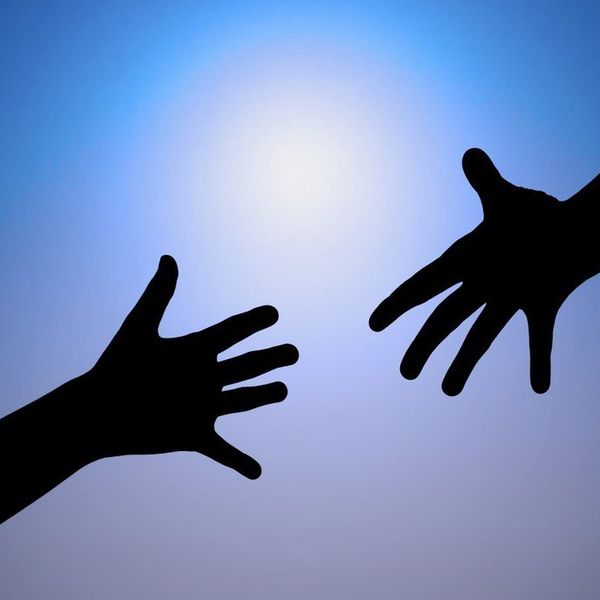No one’s life is like yours, each of us has unique, personal experiences and challenges that we have face, endure, and figure out how to overcome. Unfortunately, for some their challenges can be very traumatic experiences that leave deep physical and emotional scars. While for others they might not have that one obvious traumatic experience in their life that cuts deep with one swipe but endure many small slashes that build up to create their physical and emotional pain.
One way people describe the two differences in these two events is by calling them big T and little T traumas. Big T traumas are more obvious to understand why they cause emotional, mental, and physical pain. Little “T” traumas are sometimes harder to distinguish and when they stand alone seem like they should not affect someone’s wellbeing but when enough of them add up they can have negative effects as well.
These little T events can be things such as divorce, not having a supportive friend group, financial stress, moving a lot as a child, or feeling overlooked by your parents growing up. There are certain experiences that we all need to have in life to develop into secure and confident adults and most of the little T effects come from a lack of these experiences that create security.
For those who struggle with the side effects of little T trauma, it can be very easy to discredit the effects that these experiences had on their well-being. Many times the people that are suffering from little T trauma feel like their scars are not justifiable and they have no reason to let these events negatively impact them so much. With little T traumas it easy for others to tell you -- or for you to tell yourself -- that you are being oversensitive or looking for an excuse to play the victim card.
When someone with little T pains has this internal dialogue that they can’t, or shouldn’t, express their struggles because their traumatic moment is not as detrimental as other peoples’ experiences This internal dialogue that discredits someone's experience and tells them that their feelings of hurt are not justifiable can create this conception that their life story is not as worthy of creating pain and struggles for them than a someone else's because it hasn’t been hard enough.
It is when we tell ourselves that what we are feeling is unworthy of the impact they have had on our us that we are undermining our self-worth and placing less value on our own life stories. Big or small every moment goes on to be part of our stories and impacts our emotional, mental, and physical wellness.
The emotions that are formed throughout all of our lives are no more or less important than someone else's. It is hard to sometimes feel that one person's life is not more important than another's when a selected group of people’s lives are highlighted more in society, other people's actions cascade down and have a greater effect on the world, or when some people just seem to be more liked by others. As a society, we have formed this impression that those people’s lives are more valuable because they receive more attention.
We can also discount our hardships and their effects on us because our experiences are less validated by social standards as being considered something that should cause someone distress. This is not the cause though, we are all humans, we are all equal, and not one person’s life has more value or do they have more of a right to say that their life experiences have caused them pain and suffering than another.
We are all just trying to get by day to day, and we all have different successes that we accomplish and challenges that to overcome. No ones’ success or challenge should make you undermine your own.
All too often we must compare our lives to other to find justification for our feelings. We look at other people’s struggles to decide if the experience that is causing us unease is just as negative as someone else’s hardship that feels is showing their pain. If it is not equivalent or greater to their traumatic life events, then we have no right to our feelings because others have it way worse than us.
No one else's ability to process and cope with their own personal traumas should be used to validate how your life experiences have impacted you. Another person’s life should not be used as a measuring stick against your own to give yours value, confirmation, or devalue.
Do not discredit your story because someone else’s “has more value than yours,” do not tell yourself that your pain is not justifiable, do not discredit your story because of someone else story.



















